The historic rise of Facebook in photos — from a Harvard dorm room to one of the world's biggest companies
This is a big year for Meta: Facebook turned 20 in February.
The company's meteoric rise is one of Silicon Valley's biggest success stories.
Here's how Facebook grew from a website built in a Harvard dorm to one of the world's biggest companies.
Facebook is a classic Silicon Valley success story: It's gone from an idea hatched in a Harvard dorm to one of the most powerful and influential companies in the world.
Mark Zuckerberg, its CEO and cofounder, has an estimated net worth of $170 billion. These days, Meta has more than 2 billion people using its social network monthly and is one of the world's biggest companies.
Here's the story behind Facebook's insane rise from February 2004 through to this year, its 20th anniversary:
Facebook's origin story is famous by now.
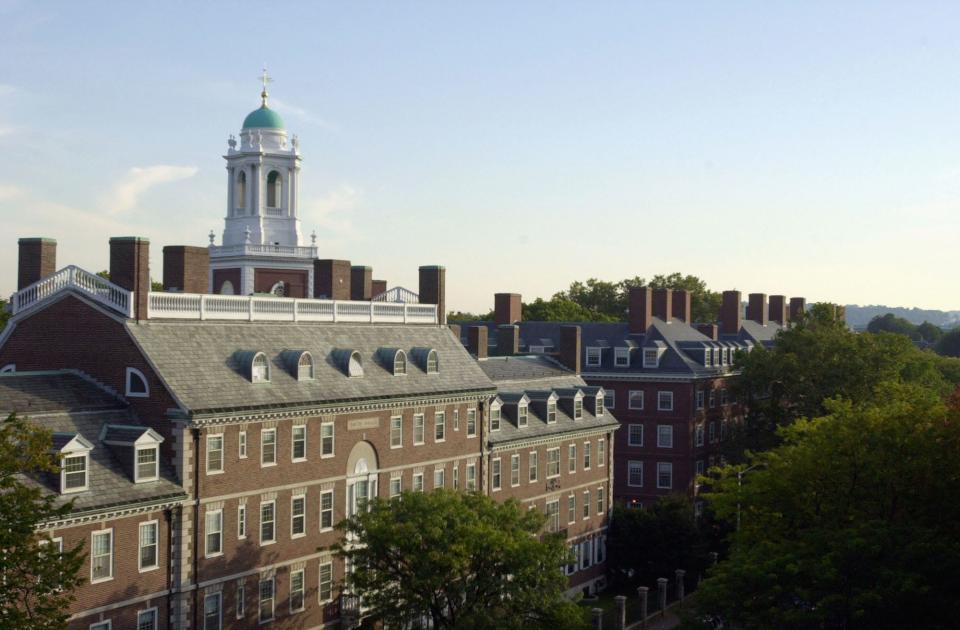
The website was created in Mark Zuckerberg's room in Harvard's Kirkland House dorm.
In 2003, Zuckerberg, then a sophomore at Harvard, built a website called Facemash.
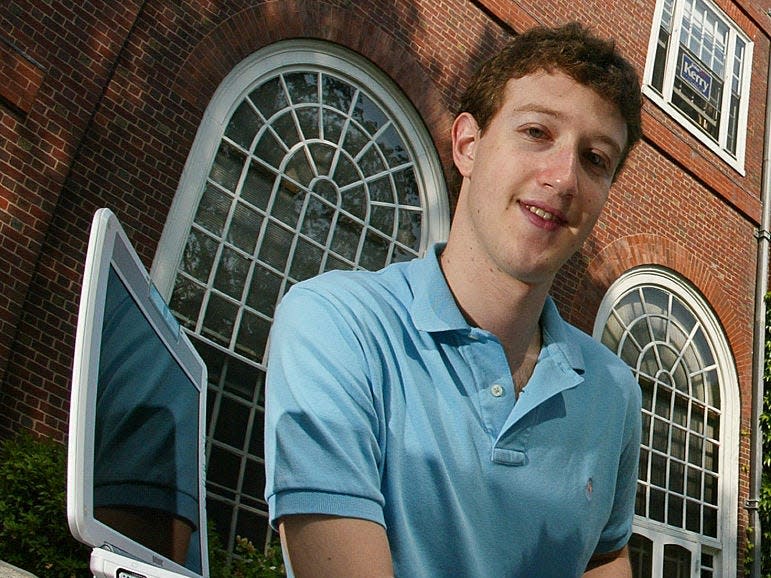
"Facemash" was a Hot or Not-style site. Zuckerberg used pictures of his classmates that he hacked from the school administration's dormitory ID files. The site got 22,000 pageviews from 450 people in the first four hours it was up.
A few days later, Harvard ordered it to be taken down, citing copyright and security concerns. Zuckerberg faced disciplinary action from Harvard but was allowed to stay at the school.
Undeterred by the Facemash debacle, Zuckerberg launched "Thefacebook" on February 4, 2004.
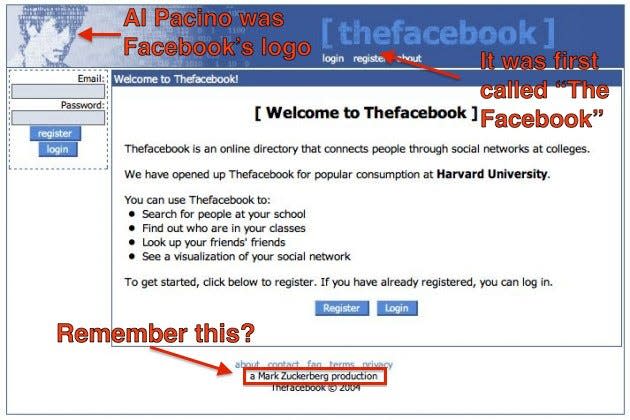
The logo featured Al Pacino's face constructed out of zeros and ones.
Six days after the launch, three Harvard seniors claimed Zuckerberg reneged on an agreement to build a site for them and used their ideas to create what eventually became Facebook.
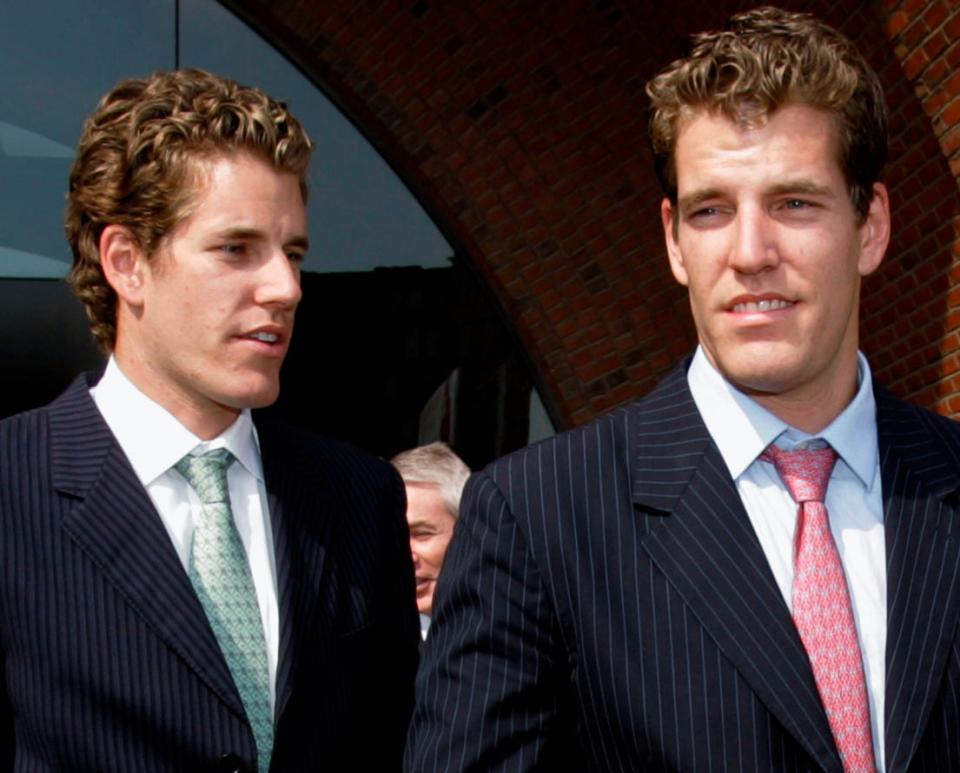
Divya Narendra and twins Cameron and Tyler Winklevoss claimed Zuckerberg had agreed to build a website called HarvardConnection.com for them before abandoning them to create his own site. They eventually filed a lawsuit that was settled in 2008.
As part of the settlement, they received 1.2 million Facebook shares. Those shares were worth $300 million when Facebook had its IPO.
Within a month, half of Harvard's students were members of Thefacebook.
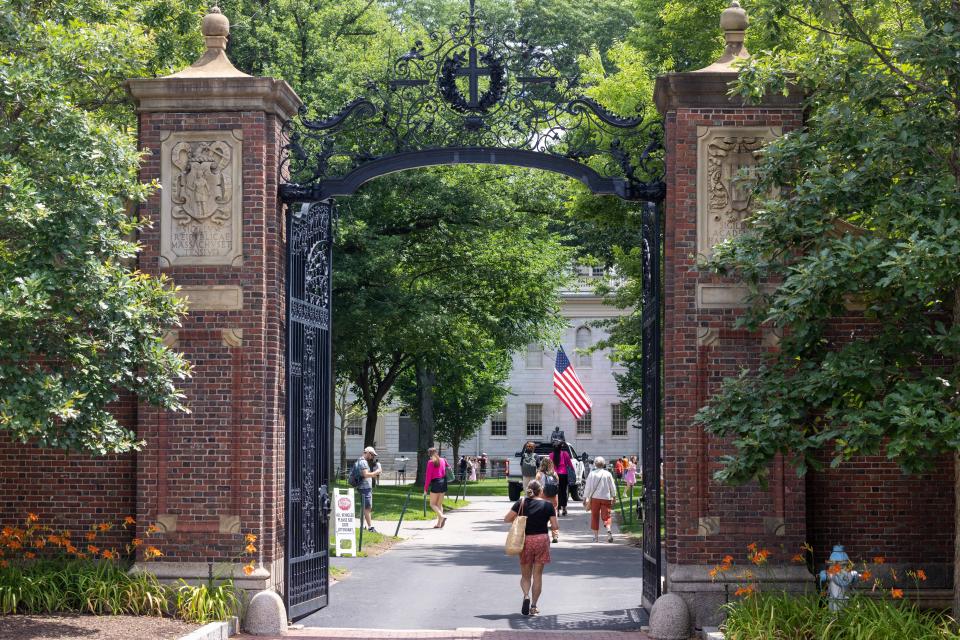
By March 2004, Thefacebook had expanded to other prestigious universities, including Yale, Columbia, and Stanford. Zuckerberg brought in fellow Harvard students Dustin Moskovitz, Eduardo Saverin, Andrew McCollum, and Chris Hughes as cofounders to help manage the site's growth and build it into a business.
At this point, Zuckerberg was still running Facebook out of his dorm room, but it was time to get serious.
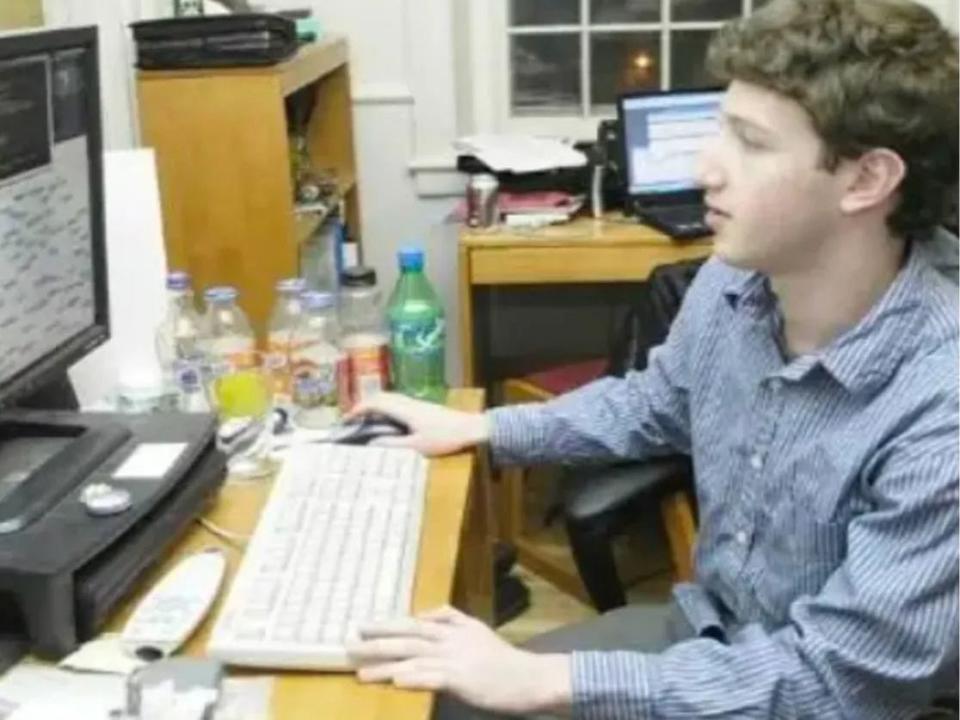
In 2004, he dropped out of Harvard to focus on it full-time.
In 2004, Facebook brought on its first president.
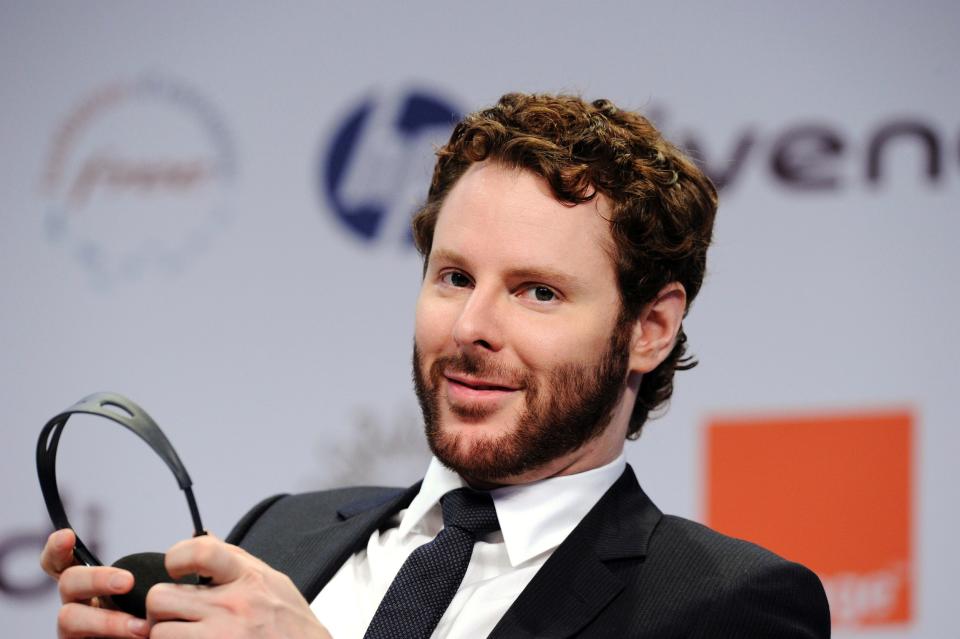
Zuckerberg hired Napster cofounder Sean Parker for the role.
In June 2004, Facebook set up shop in a tiny office in downtown Palo Alto, California.

Back then, the company was known for being as much a party hub as it was a serious startup.
This screenshot was taken from "Now Entering: a Millennial Generation," a 2008 documentary.
The same month it moved into its Palo Alto office, Facebook got its first outside funding.
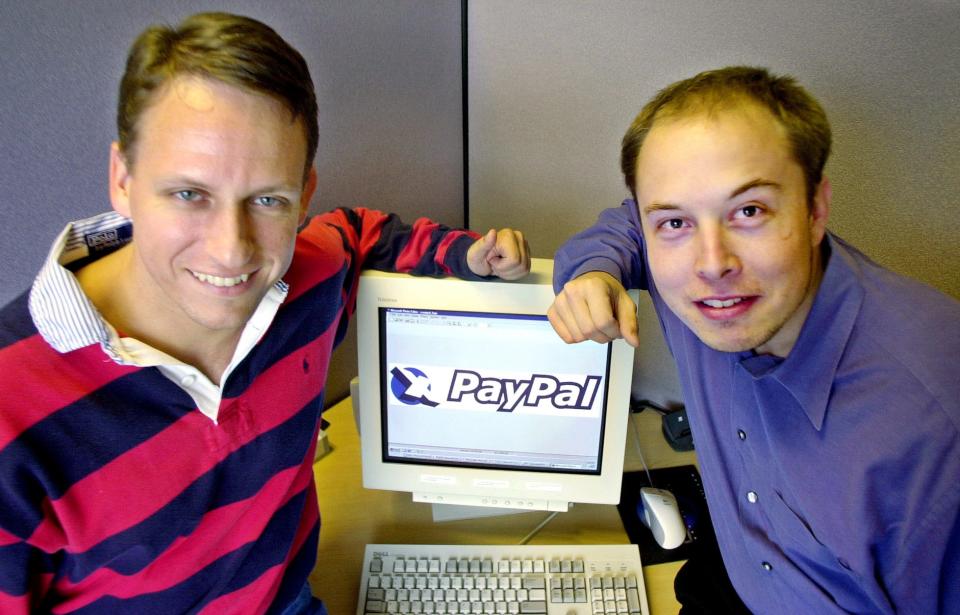
The $500,000 investment came from PayPal cofounder Peter Thiel. Thiel has since become a prominent venture capitalist and political donor.
By this point, Facebook was starting its rapid ascent toward cultural superstardom.
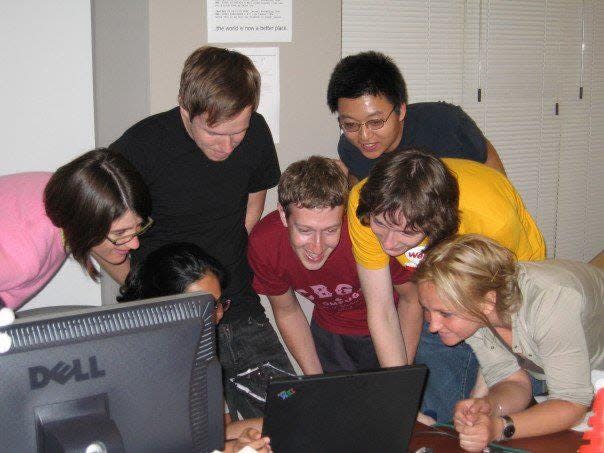
In May 2005, Facebook raised $13.7 million in funding. In 2006, Facebook created its News Feed, a breakthrough and core feature of the site that gave people a real-time stream of what their friends were doing.
In late 2007, Zuckerberg met a Google executive named Sheryl Sandberg at a Christmas party.
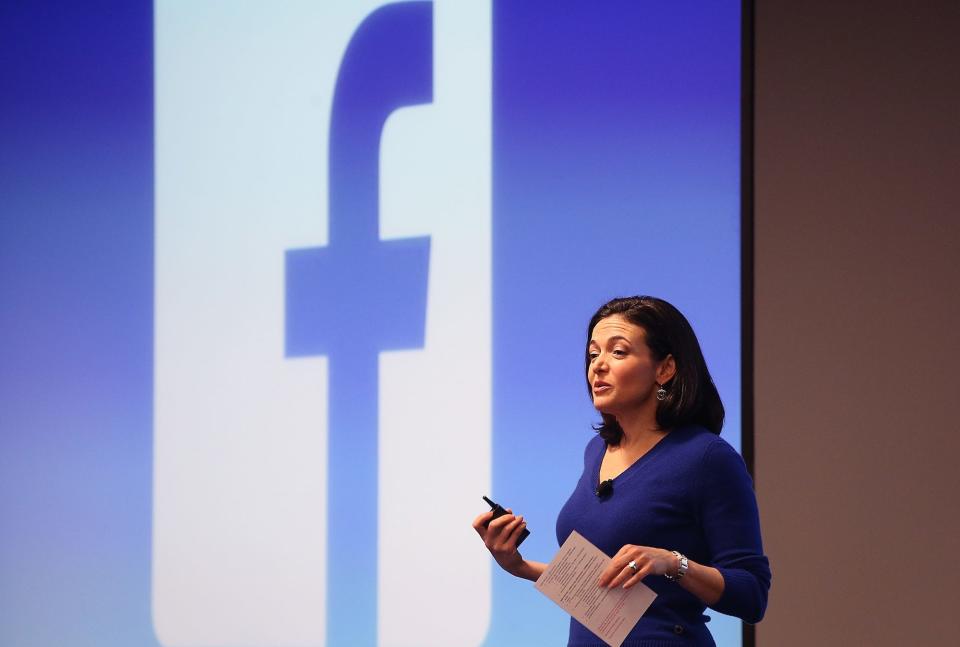
At the time, Sandberg was considering taking a new position with The Washington Post. But after meeting her, Zuckerberg decided Facebook needed a chief operating officer, and managed to persuade her to come aboard in early 2008.
Sandberg's hiring was prescient: Facebook was already growing quickly, but the rise of the smartphone brought with it many more users.
In 2009, Facebook moved into a slightly larger Palo Alto office in the Stanford Research Park.
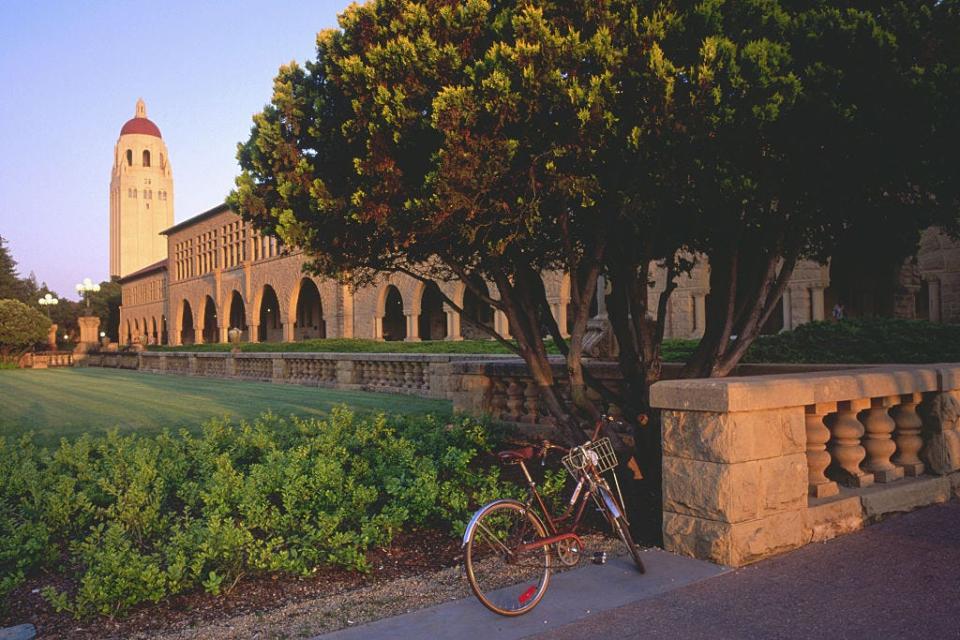
The move came as Facebook's site was experiencing explosive growth. By late 2010, it hit a trillion page views a month.
That year, Facebook would introduce one of the most defining features of the platform and our broader social media landscape.
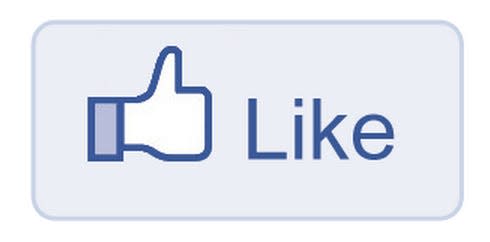
That's right, we're talking about the "like" button.
The Stanford Research Park space wouldn't hold Facebook for long. In 2011, the social network moved again.
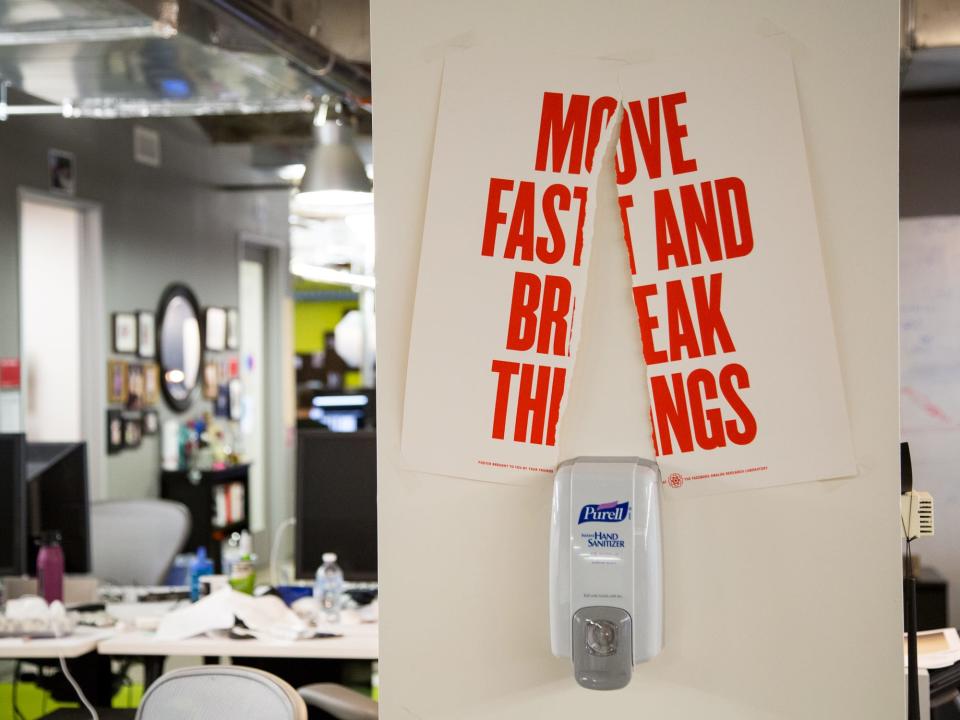
This time it set up shop in a corporate campus once occupied by Sun Microsystems, which had fallen from grace and been acquired by Oracle.
Facebook named the campus' main thoroughfare "Hacker Way," referring to Zuckerberg's famous "move fast and break things" philosophy of the same name.
By this point, Facebook was showing that its social network could play a major role in global politics.
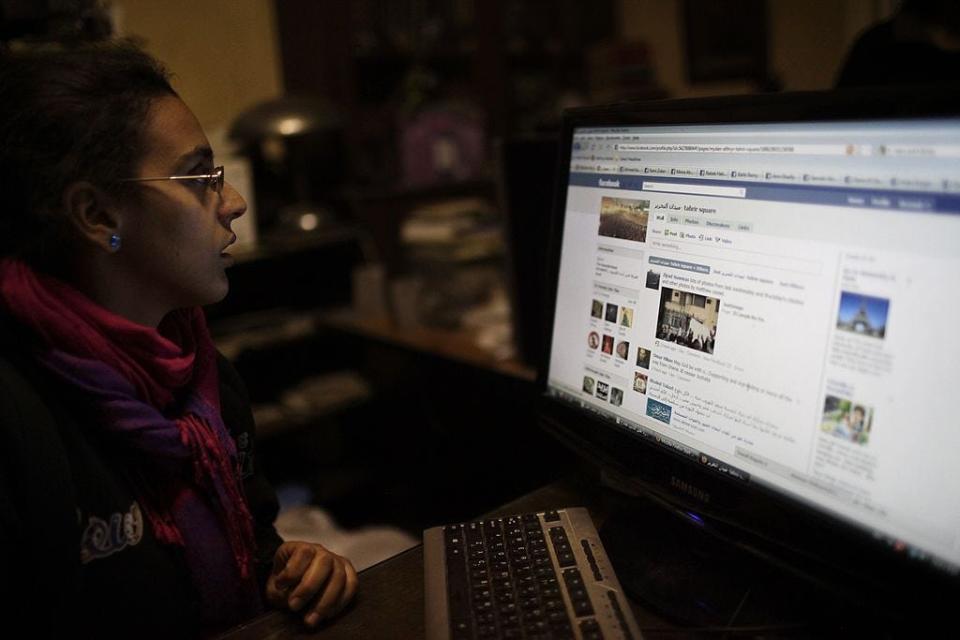
The site's influence was highlighted by the Egyptian revolution of 2011. That uprising was largely organized via Facebook and other social-networking sites.
Zuckerberg himself was also getting more involved in the political scene.
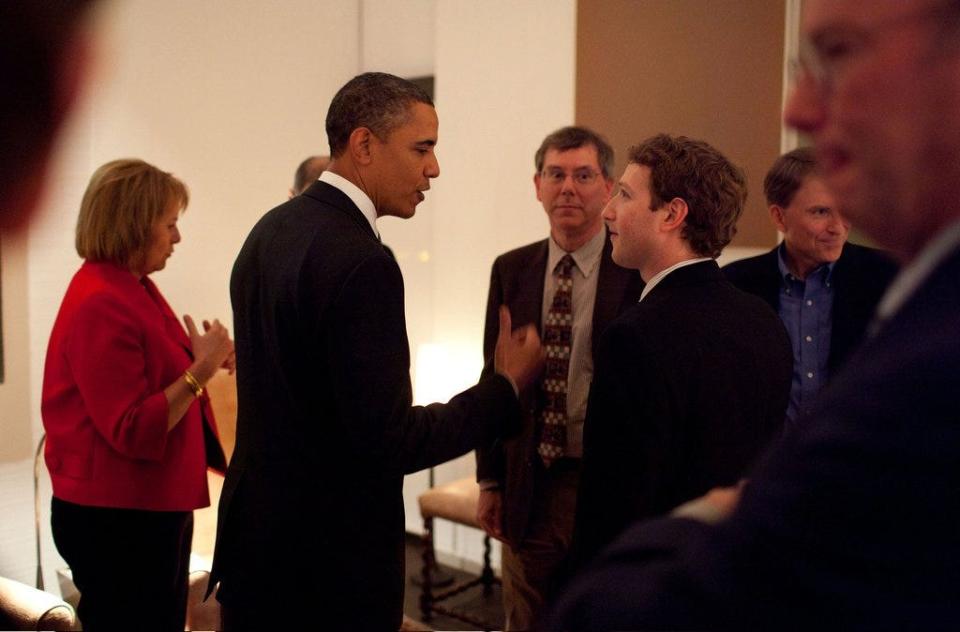
Among his first public political actions was to speak to world leaders in support of spreading internet access all over the globe.
The social network was becoming unstoppable.
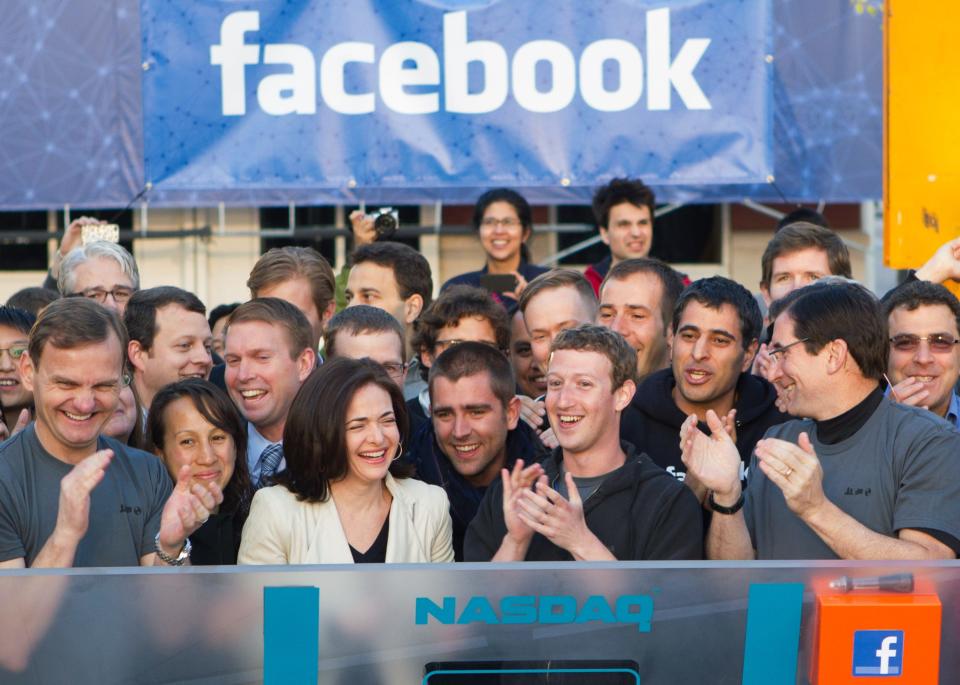
Facebook had its historic $5 billion initial public offering on May 18, 2012.
Over the years, the company has snapped up a bunch of hot startups, including photo-sharing hit Instagram.
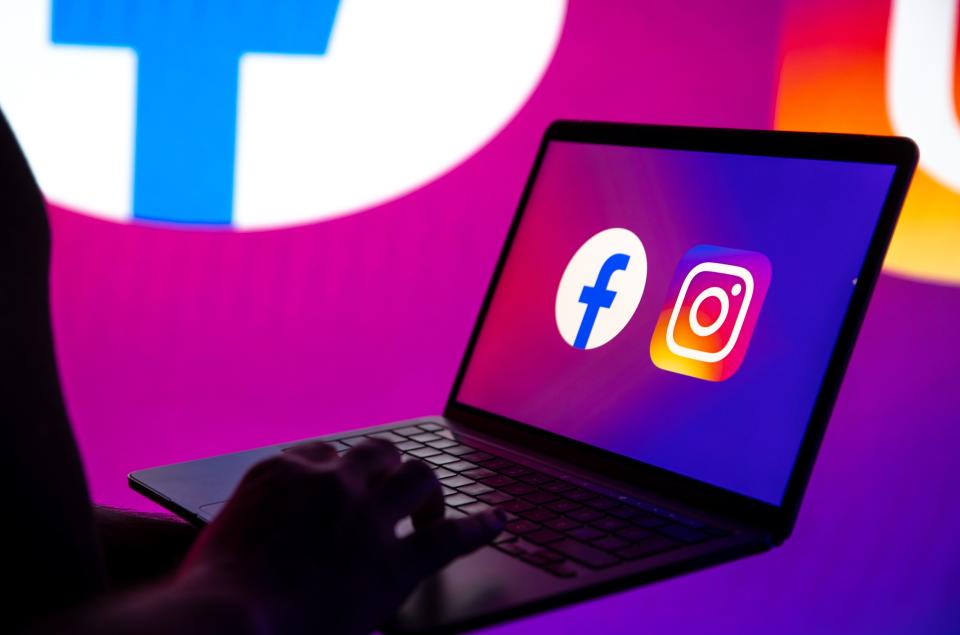
Facebook bought Instagram for $1 billion in 2012. The photo-sharing app now has more than 2 billion users.
The purchase was a demonstration of how, despite its rise, Facebook has always been on the lookout for the next startup that threatened to disrupt it.
It also bought virtual-reality headset maker Oculus.

Oculus was an early-stage startup when Facebook acquired it in March 2014 for $2 billion.
And it purchased mobile-messaging company WhatsApp — for $19 billion.
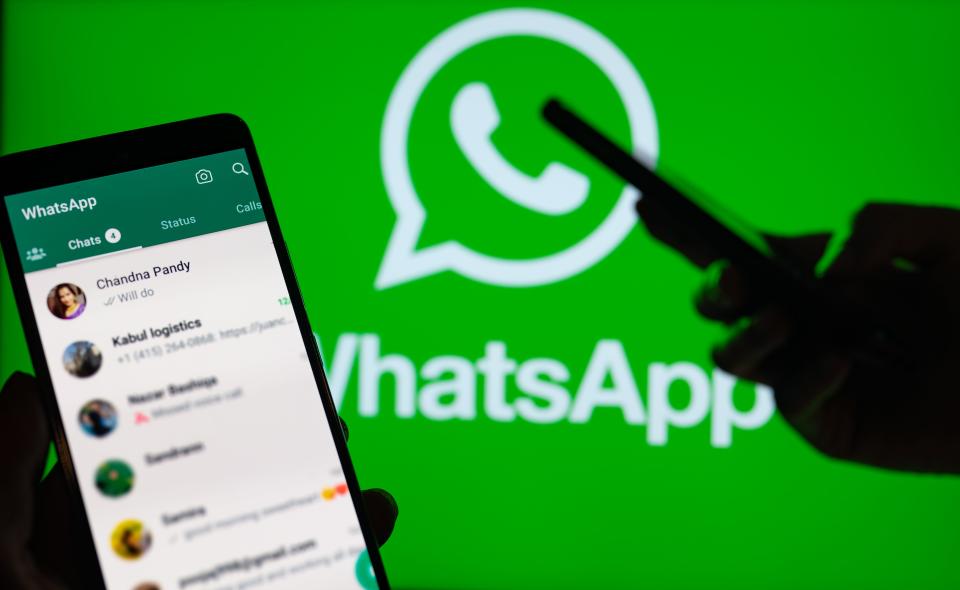
Facebook made the acquisition in February 2014, and the service now has more than 2 billion active users.
By the time Facebook turned 10 in 2014, over 1.23 billion people were visiting the social network every month.
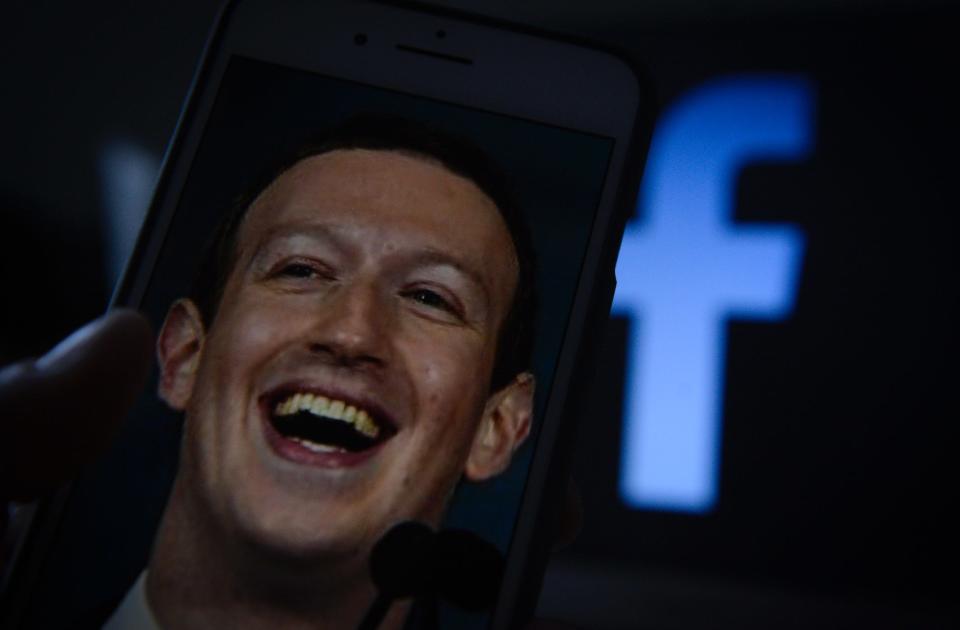
A billion of those users were accessing the social network through their mobile devices.
The world had changed, but Facebook had kept on growing.
To support all that growth, Facebook had to move to a bigger office — again.

In March 2015, Facebook opened a new campus in Menlo Park, California. The campus was designed by legendary architect Frank Gehry to accommodate more than 2,800 employees.
For better or for worse, Zuckerberg has an iron grip on the company's voting shares.
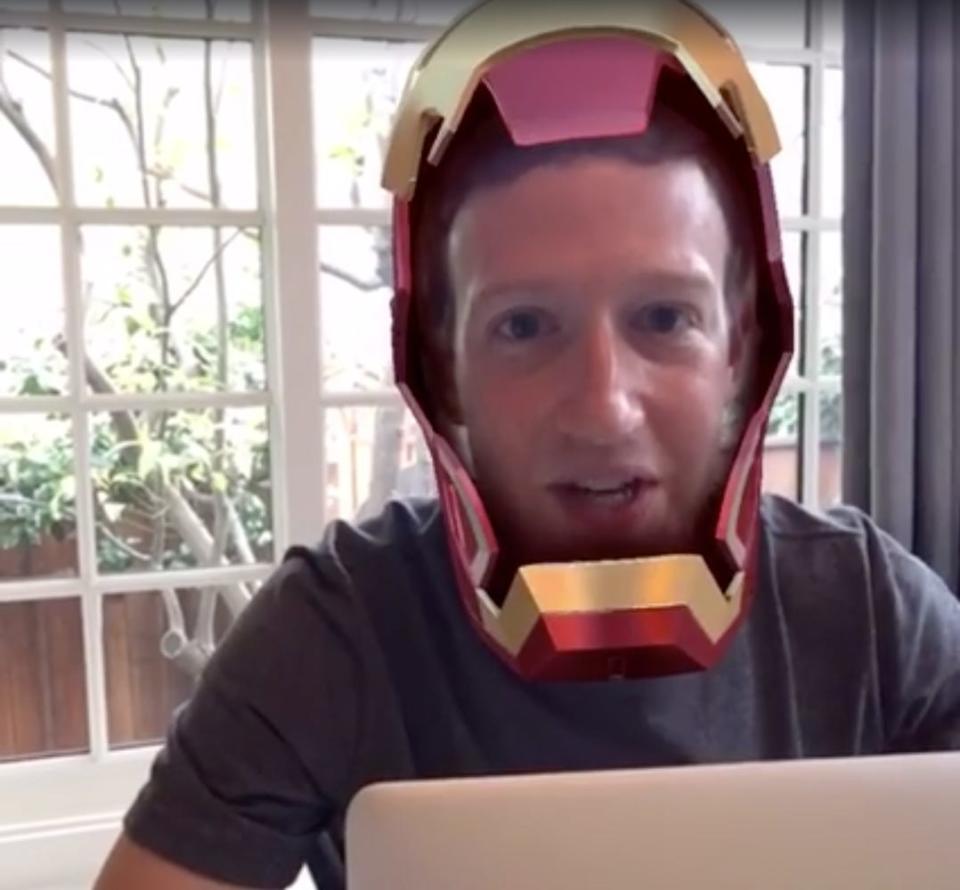
The way Zuckerberg has structured Facebook's stock gives him disproportionate voting power that keeps him in charge, no matter what else happens to the company. So he's not losing control of the company any time soon.
Facebook had a rocky 2017, and a rockier 2018, culminating in Zuckerberg testifying in front of the United States Congress.
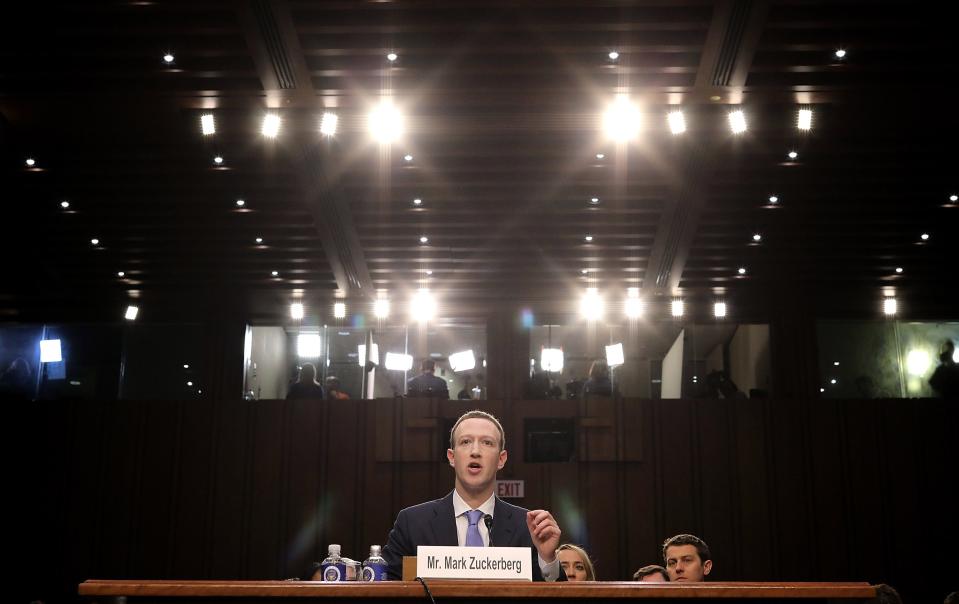
In the wake of the 2016 presidential election, Facebook spent much of 2017 under scrutiny for its role in the spread of "fake news" and misinformation.
When it came out that firm called Cambridge Analytica had improperly obtained the personal data of as many as 87 million Facebook users, Zuckerberg was ultimately called to the floor of the US Congress to answer tough questions about the social network's business.
That year, Zuckerberg announced the company would create an Oversight Board that could overrule Facebook's own content management policies and even Zuck himself.
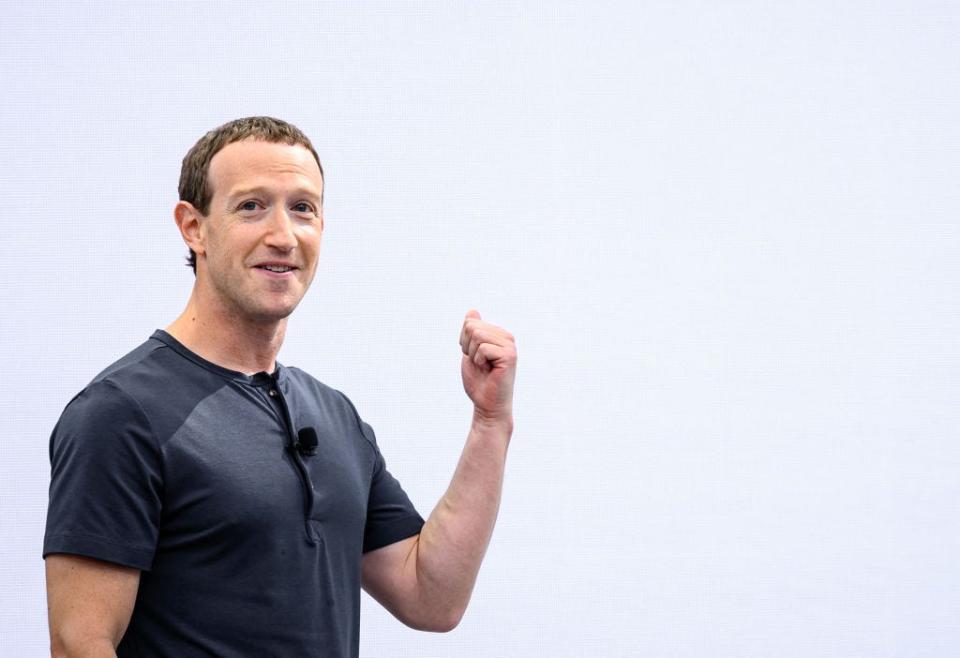
Facebook announced the first members of the oversight board in 2021.
In October 2021, Facebook rebranded.
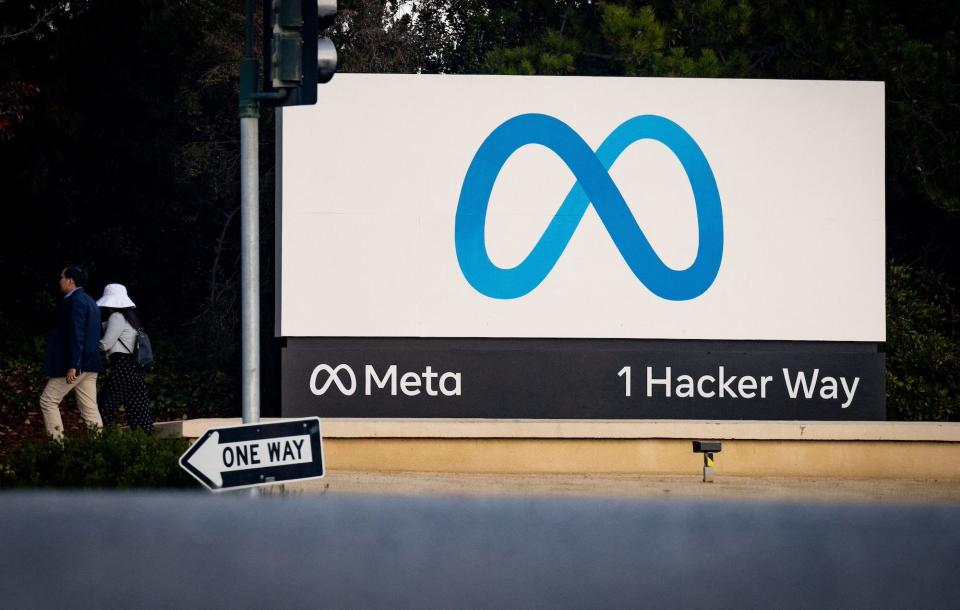
With an eye towards the digital metaverse, Zuckerberg announced the company was changing its name to Meta.
The metaverse could be accessed by the company's virtual reality headsets, the Oculus Quest line, which was later also rebranded as the Meta Quest.
In 2022, the company lost one of its highest-ranking execs.
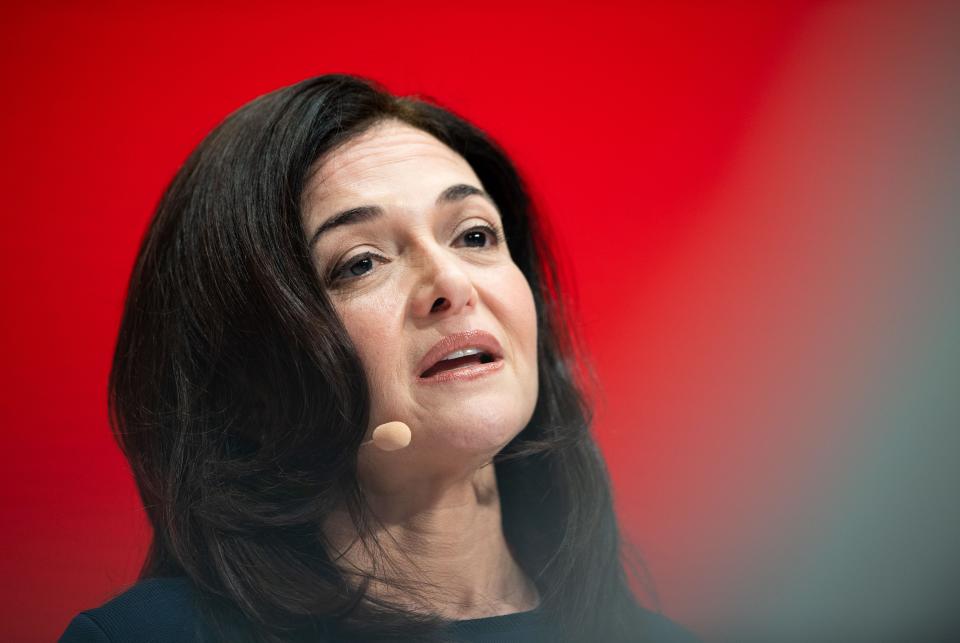
Sandberg stepped down as chief operating officer in 2022 after 14 years in the role. She was succeeded by Javier Olivan.
"I don't plan to replace Sheryl's role in our existing structure," Zuckerberg said at the time. "I'm not sure that would be possible since she's a superstar who defined the COO role in her own unique way.
"But even if it were possible, I think Meta has reached the point where it makes sense for our product and business groups to be more closely integrated, rather than having all the business and operations functions organized separately from our products," Zuckerberg added.
The company also suffered another blow that year.
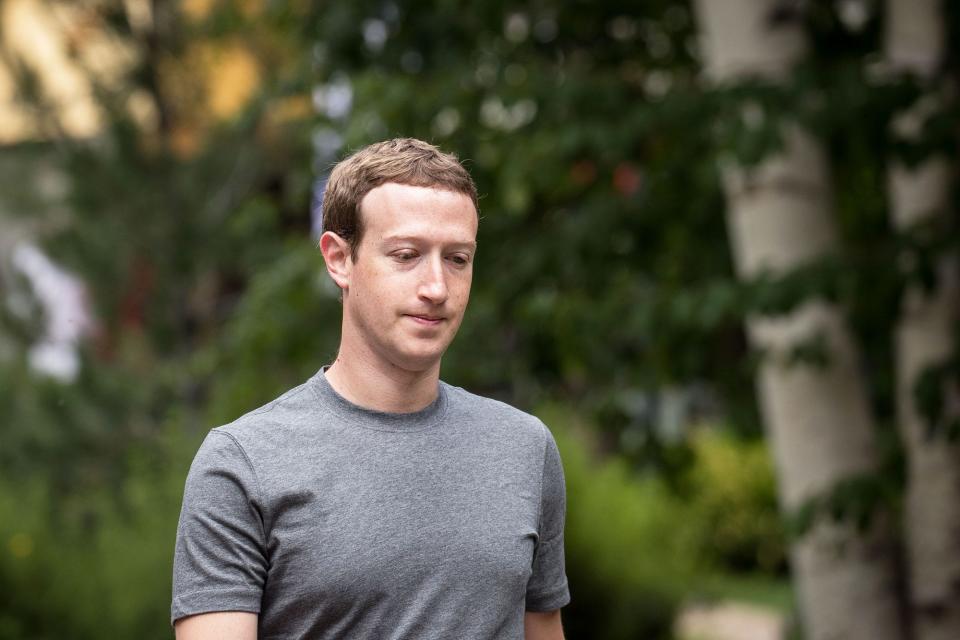
In February 2022, it reported a decrease in daily active users for the first time in its history, going from 1.93 billion to 1.929 billion in the last three months of 2021.
And the hits kept coming: The company announced the biggest job cuts in its history in November 2022.
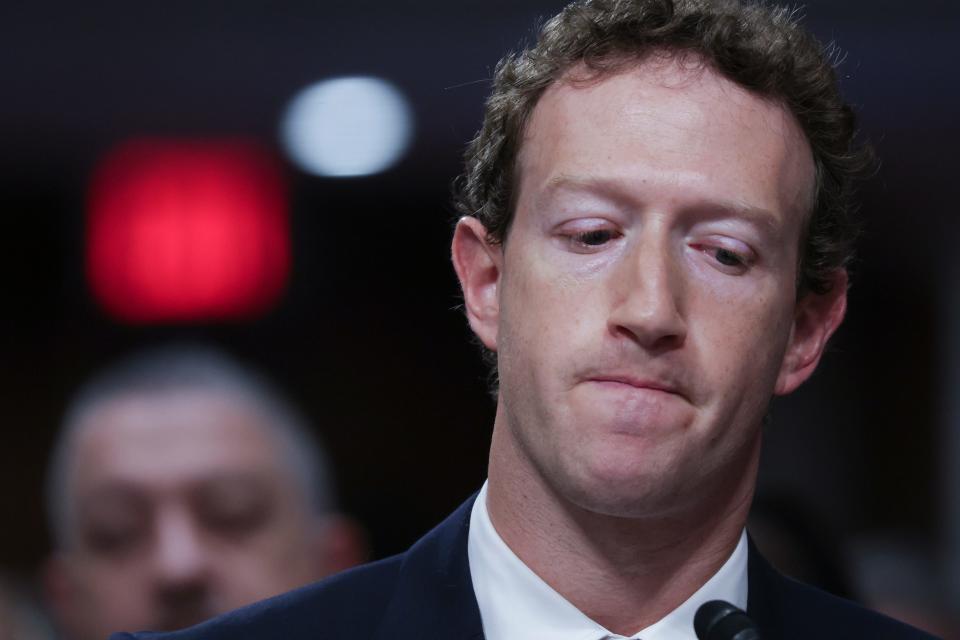
Meta laid off 11,000 workers, roughly 13% of its workforce at the time, in its first-ever mass layoffs.
Rounding out 2022, the company agreed to pay a $725 million settlement to settle claims it shared users' data with third parties without their consent.

As part of the settlement, Meta denied wrongdoing.
The cuts continued in 2023, which Zuckerberg vowed would be a "year of efficiency."
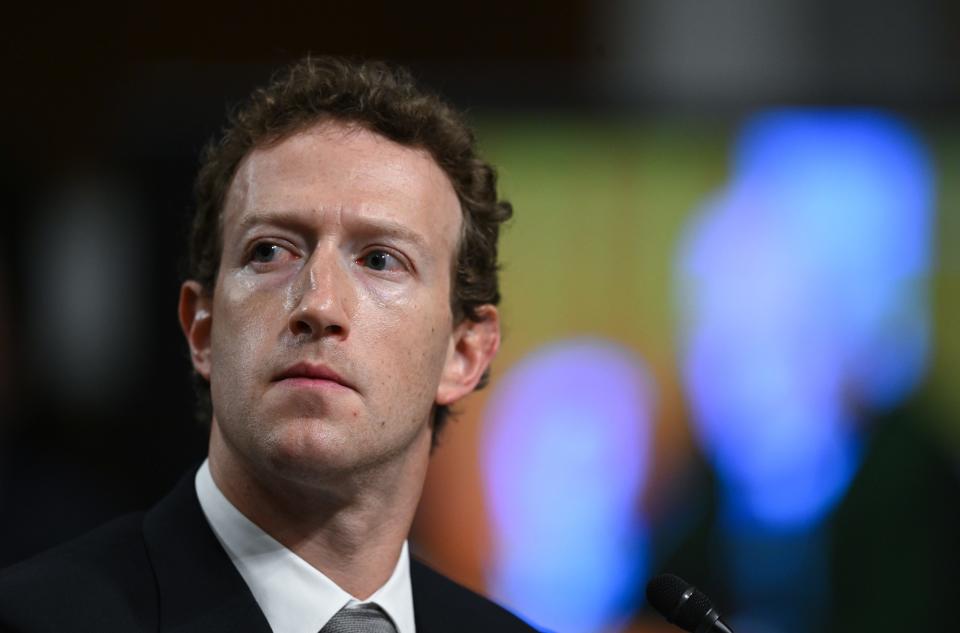
The company announced a further 10,000 job cuts in 2023. Zuckerberg was focused on cutting organizational bloat and reportedly said he hated structures of "managers managing managers."
In July 2023, Meta launched the social networking app Threads.
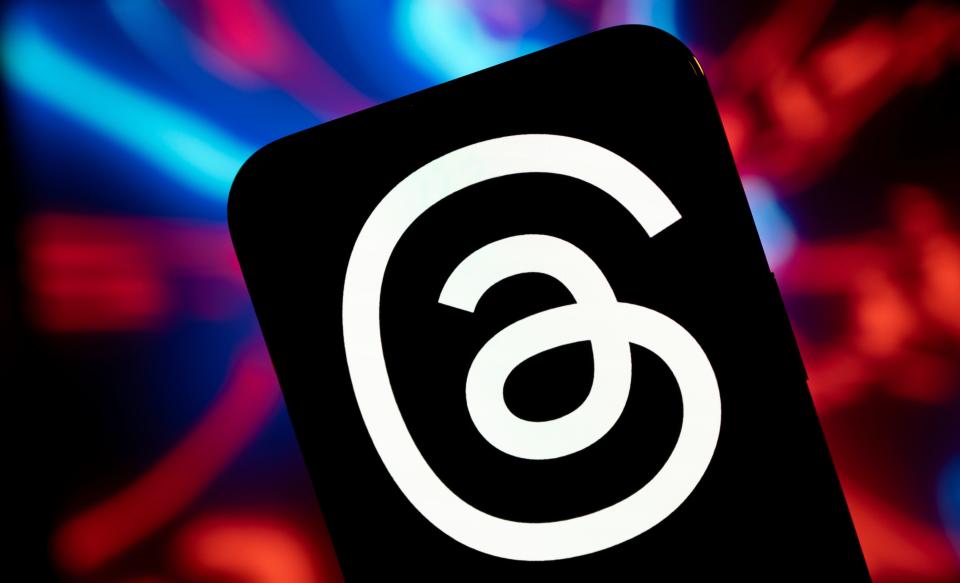
It's drawn many comparisons to X, formerly Twitter, and has more than 130 million monthly active users, Zuckerberg said during Meta's fourth-quarter earnings in February.
Facebook hit a big milestone this year.
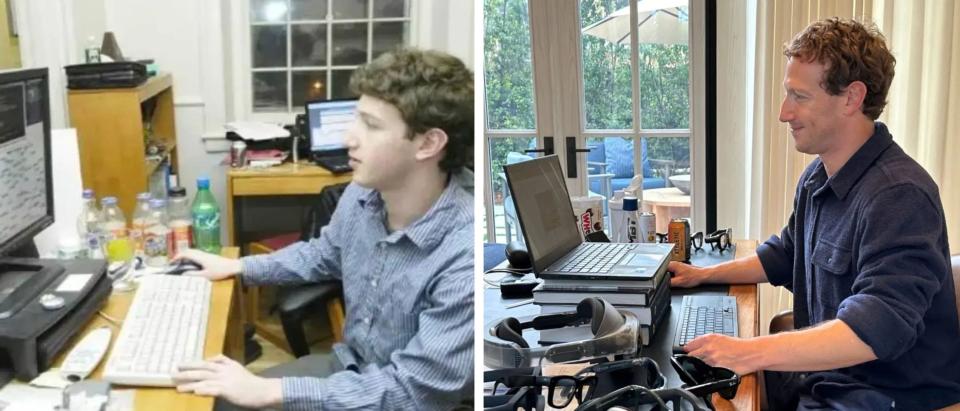
The company turned 20 on February 4, 2024. Zuckerberg himself turned 40.
Now, the company has its eyes on AI.
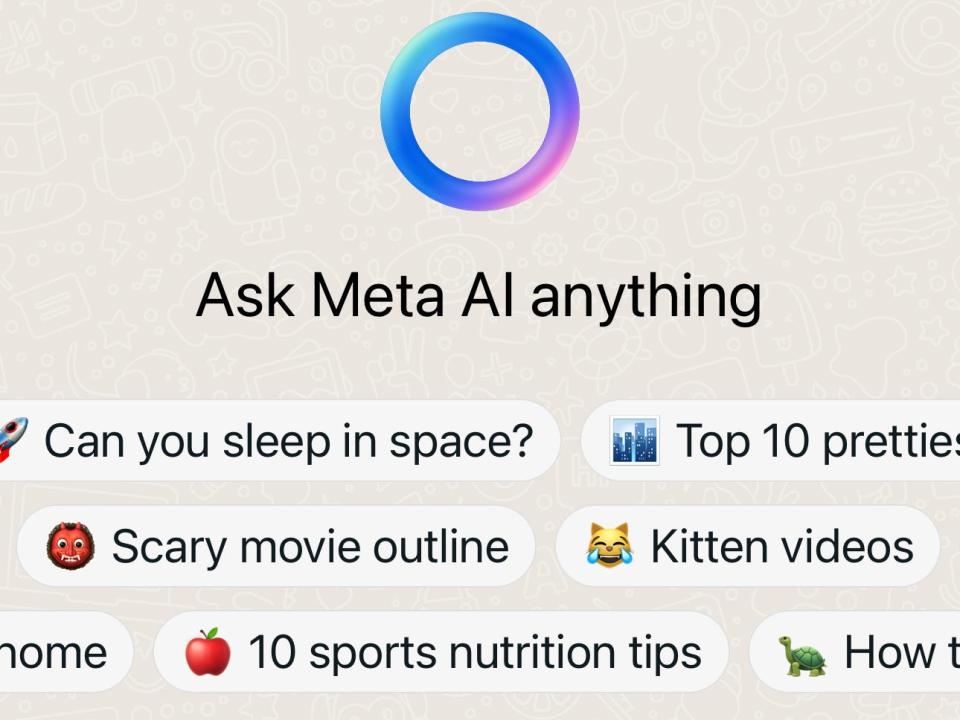
This January, Zuckerberg said Meta was working on building artificial general intelligence, or AGI.
Meta released its first large language model in the Llama family in February 2023. This April, it announced it's introducing AI assistant Meta AI, powered by Llama 3, to Facebook, Instagram, WhatsApp, and Messenger.
Matt Weinberger contributed to a previous version of this article.
Read the original article on Business Insider


